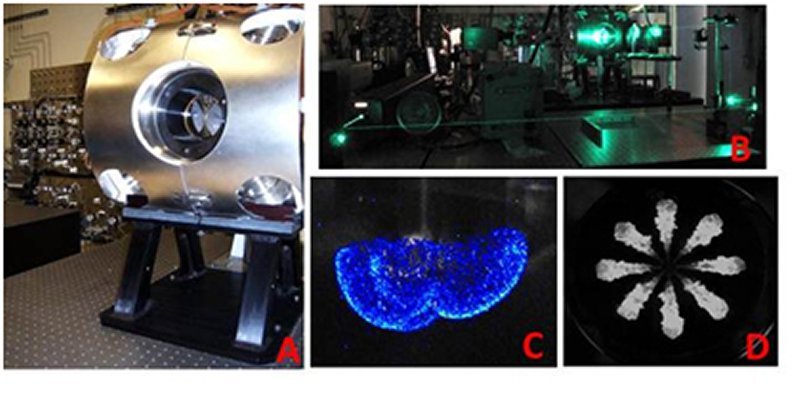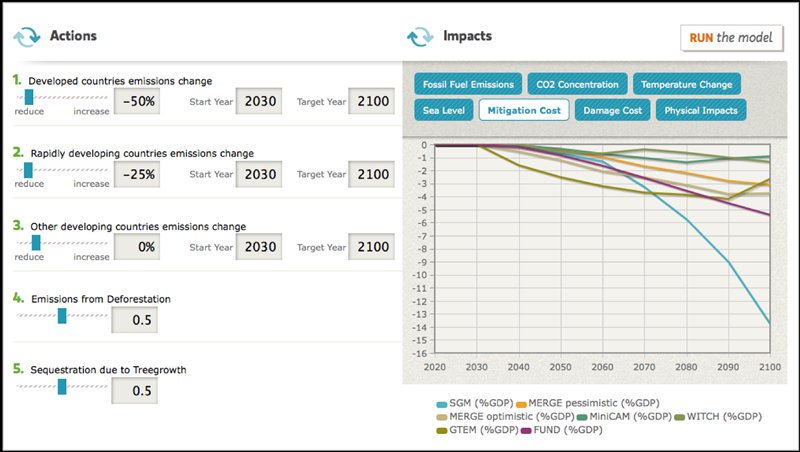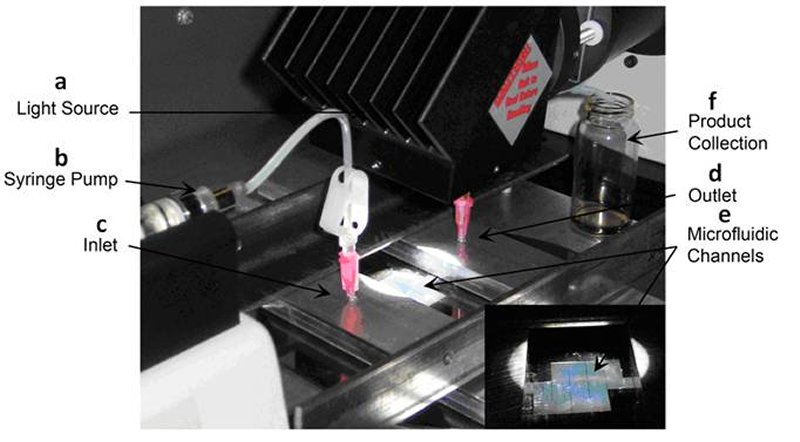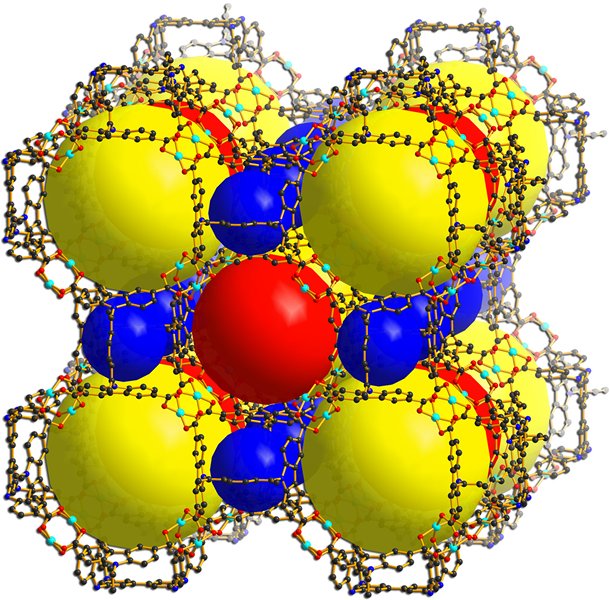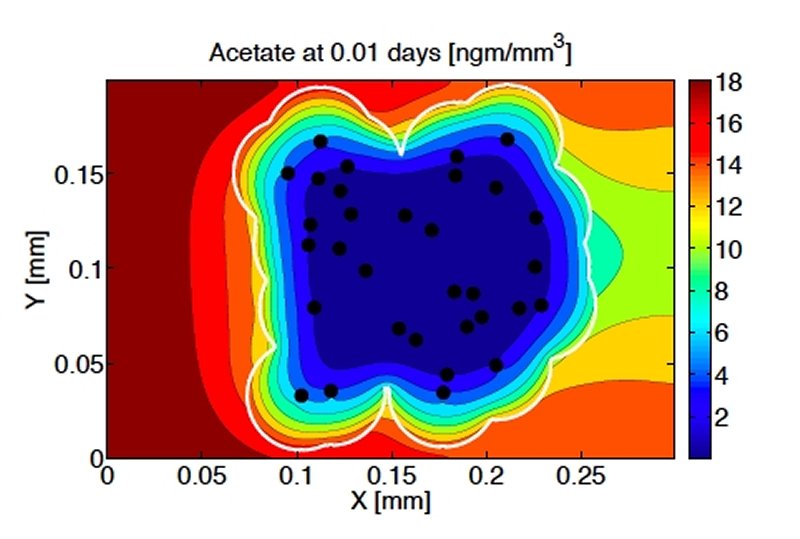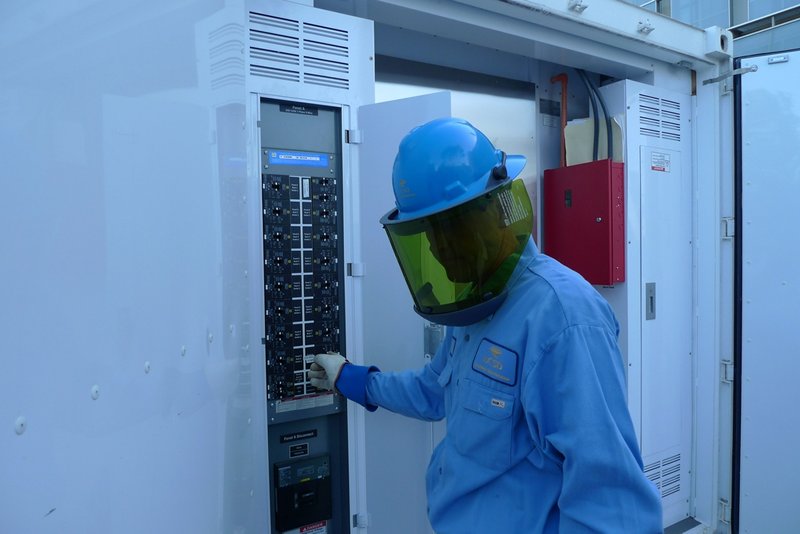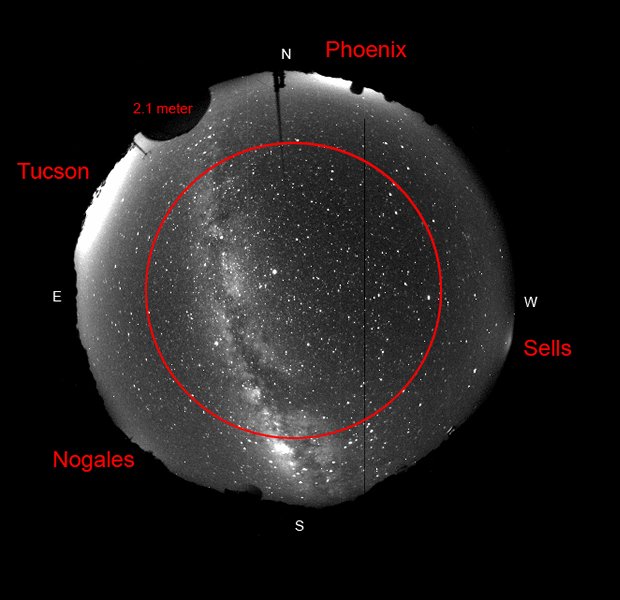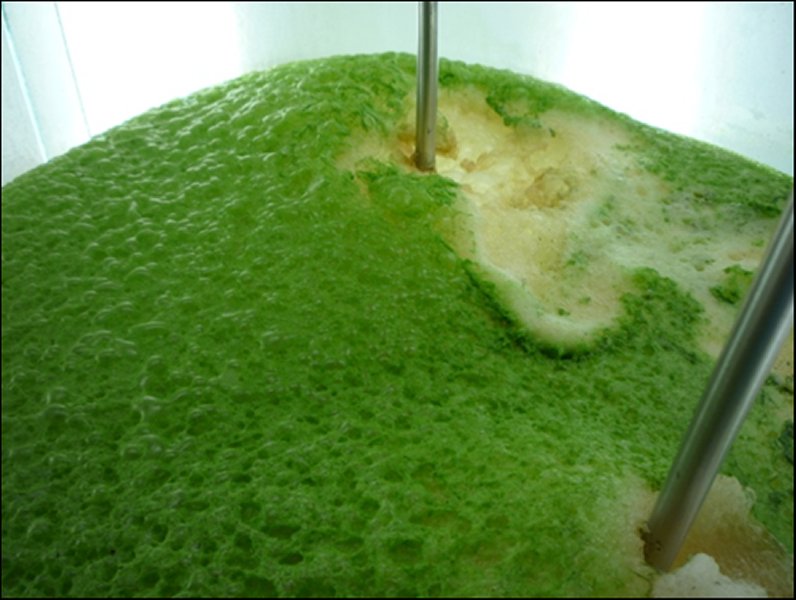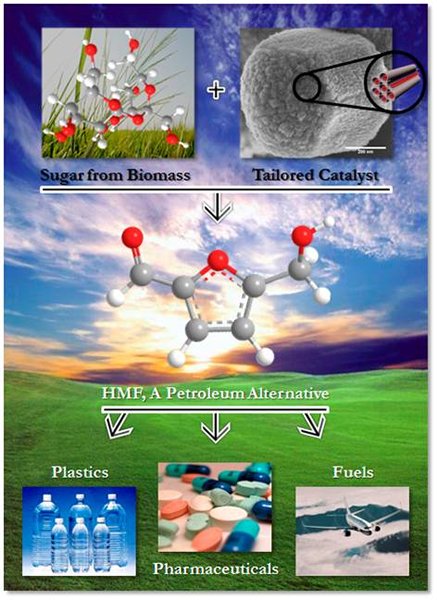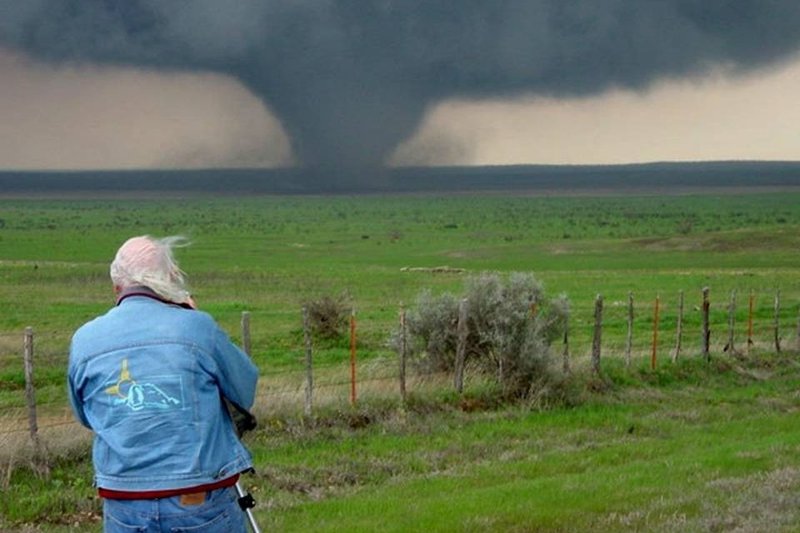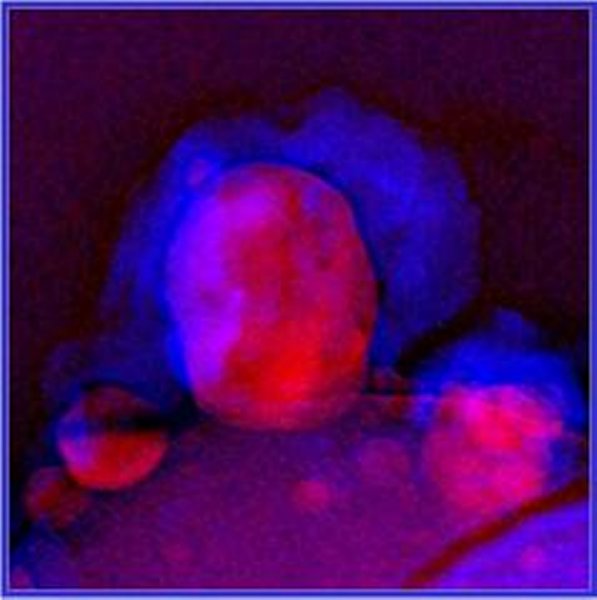National Science Foundation
Contributor
The National Science Foundation (NSF) is an independent federal agency created by Congress in 1950 \"to promote the progress of science; to advance the national health, prosperity, and welfare; to secure the national defense…\" With an annual budget of about $6.9 billion (FY 2010), we are the funding source for approximately 20 percent of all federally supported basic research conducted by America’s colleges and universities. In many fields such as mathematics, computer science and the social sciences, NSF is the major source of federal backing.
We fulfill our mission chiefly by issuing limited-term grants -- currently about 10,000 new awards per year, with an average duration of three years -- to fund specific research proposals that have been judged the most promising by a rigorous and objective merit-review system. Most of these awards go to individuals or small groups of investigators. Others provide funding for research centers, instruments and facilities that allow scientists, engineers and students to work at the outermost frontiers of knowledge.
Website: http://www.nsf.gov/sciencefrontiers
Facebook: http://www.facebook.com/US.NSF
Twitter: http://twitter.com/#!/NSF
YouTube: http://www.youtube.com/user/VideosatNSF
SEE Innovation: http://www.research.gov/seeinnovation


















